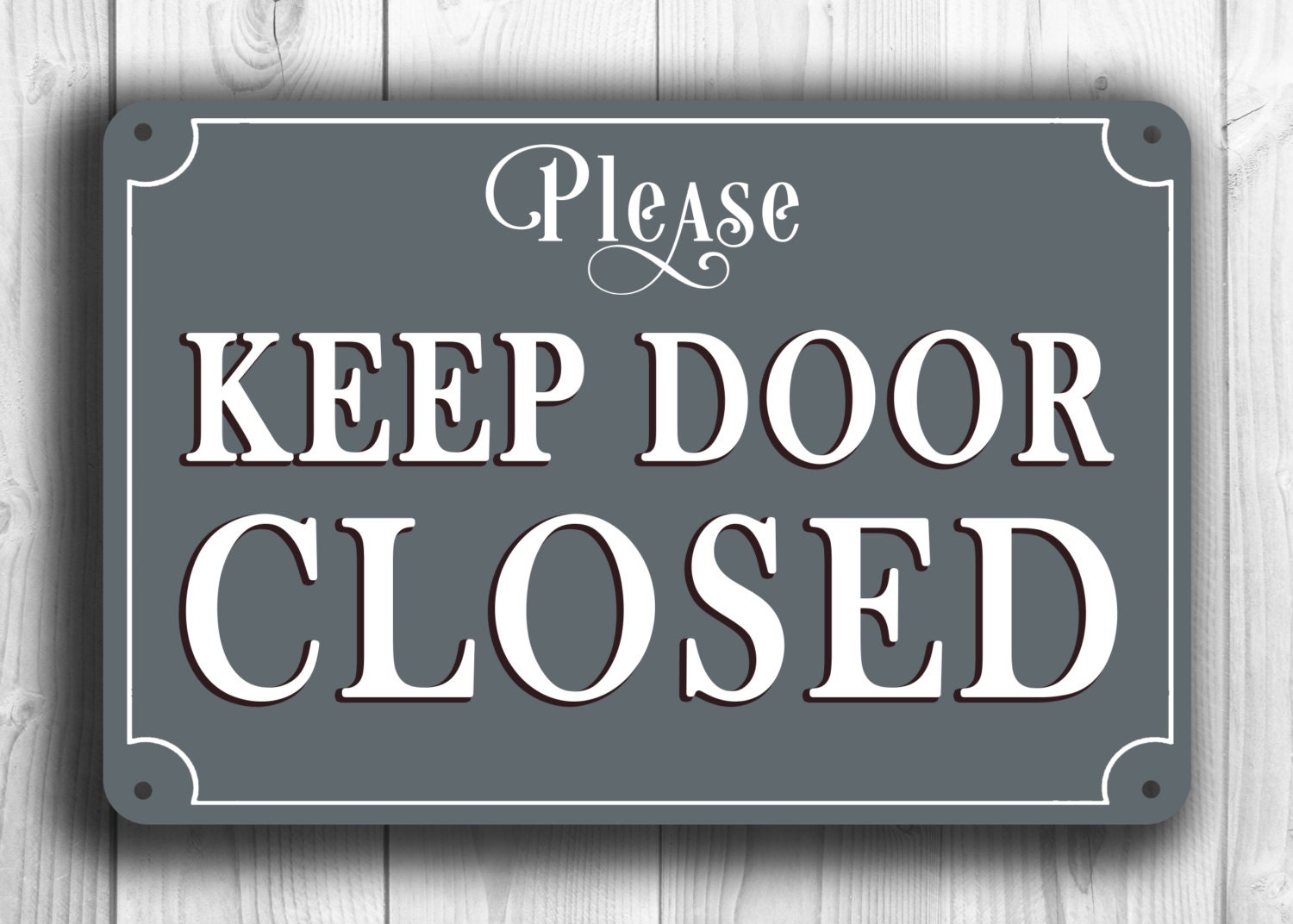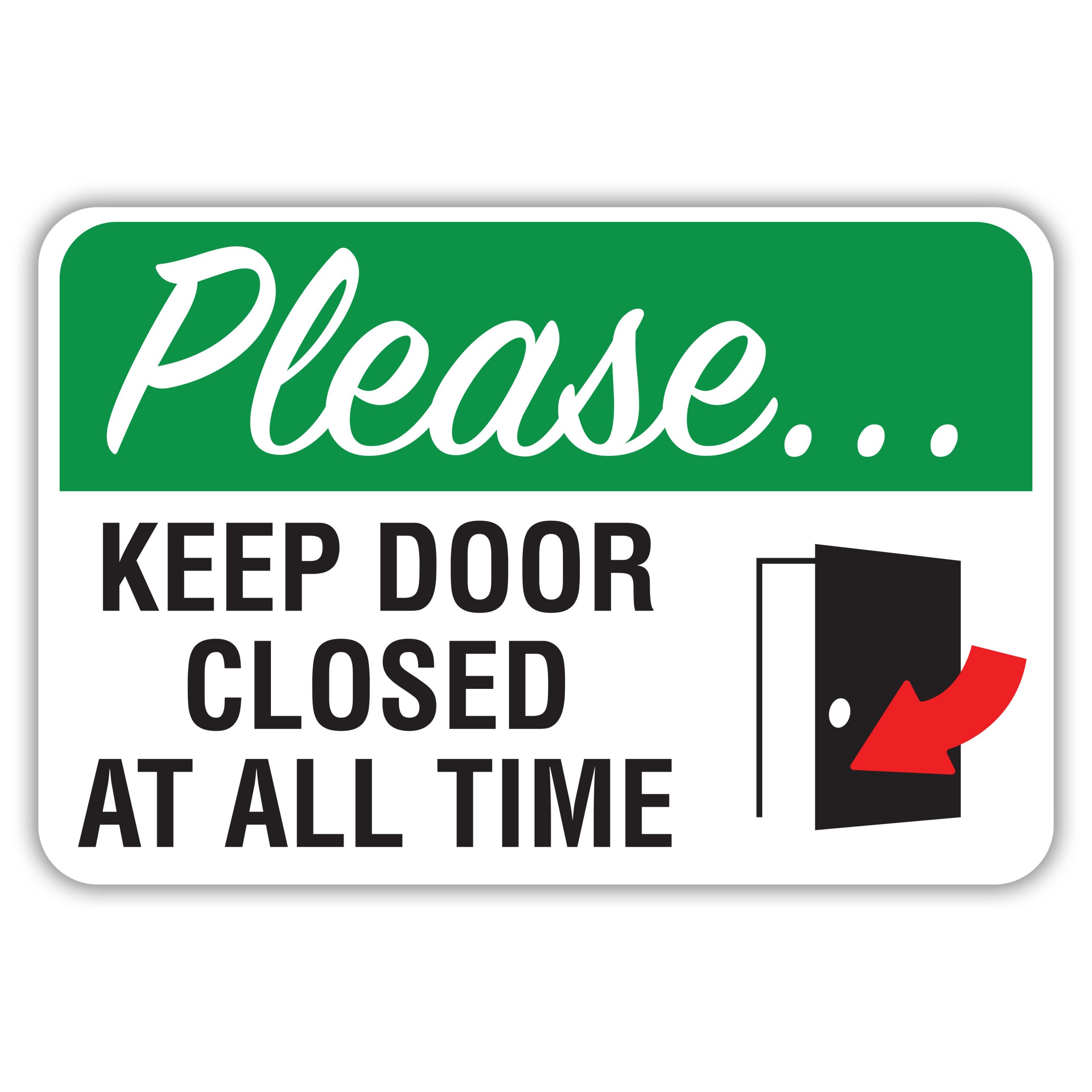Hygiene and Privacy: Keep The Bathroom Door Closed

Maintaining a clean and hygienic bathroom environment is crucial for personal health and well-being. The bathroom is a space where we engage in personal hygiene practices, and it’s essential to keep it clean and sanitized to prevent the spread of germs and diseases. Furthermore, closing the bathroom door plays a vital role in protecting personal privacy and creating a comfortable and respectful atmosphere.
The Importance of a Clean Bathroom
A clean bathroom is essential for maintaining good hygiene and preventing the spread of germs. Here are some key reasons why:
* Reduces the risk of infections: Bathrooms can be breeding grounds for bacteria, viruses, and fungi. Leaving the bathroom door open allows these microorganisms to spread more easily, increasing the risk of infections.
* Prevents unpleasant odors: Regular cleaning and proper ventilation are crucial for eliminating unpleasant odors that can accumulate in the bathroom. Leaving the door open can trap these odors, making the space uncomfortable and potentially embarrassing.
* Promotes a healthy environment: A clean bathroom creates a more pleasant and healthy environment for everyone. It contributes to overall well-being and reduces the risk of health problems associated with poor hygiene.
The Role of Closing the Bathroom Door in Protecting Privacy
Closing the bathroom door is essential for maintaining personal privacy and creating a safe and comfortable space for individuals to engage in personal hygiene practices. Here’s how:
* Provides a sense of security: The bathroom is a private space where people are vulnerable and expect a certain level of privacy. Closing the door creates a sense of security and allows individuals to feel comfortable and relaxed.
* Protects personal hygiene practices: Closing the door ensures that personal hygiene practices are not visible to others, respecting individual privacy and promoting a sense of dignity.
* Creates a sense of boundaries: Closing the bathroom door sets clear boundaries between the private and public spaces within a home or shared living environment. This is crucial for maintaining a respectful and comfortable atmosphere for everyone.
Examples of Hygiene and Privacy Issues When Leaving the Bathroom Door Open, Keep the bathroom door closed
Leaving the bathroom door open can have negative consequences for both hygiene and privacy. Here are some examples:
* Spread of germs: Leaving the bathroom door open allows germs to spread more easily, potentially contaminating other areas of the house. This can be particularly problematic in households with young children or individuals with weakened immune systems.
* Exposure of personal hygiene practices: Leaving the bathroom door open can expose personal hygiene practices to others, creating a sense of discomfort and violating privacy. This can be especially awkward in shared living spaces or workplaces.
* Unpleasant odors: Leaving the bathroom door open can trap unpleasant odors, making the space uncomfortable for everyone. This can be particularly embarrassing in social situations or when guests are present.
Tips on Encouraging Others to Keep the Bathroom Door Closed
Here are some tips on how to encourage others to keep the bathroom door closed:
* Communicate your expectations: Clearly and respectfully communicate your expectations regarding bathroom door closure. Explain the importance of maintaining privacy and hygiene.
* Set a good example: Lead by example by consistently closing the bathroom door yourself. This demonstrates your commitment to privacy and encourages others to follow suit.
* Offer a gentle reminder: If someone forgets to close the bathroom door, offer a gentle reminder. Avoid being confrontational or accusatory.
* Use humor: Humor can be an effective way to encourage positive behavior. You could try a lighthearted joke or comment about the importance of bathroom privacy.
Bathroom Etiquette and Respect

In shared spaces, like homes, offices, or public restrooms, bathroom etiquette plays a crucial role in fostering a respectful and comfortable environment for everyone. It’s not just about following basic hygiene rules; it’s about understanding and respecting the boundaries of others.
Respecting Privacy through Closed Doors
Closing the bathroom door is a fundamental aspect of bathroom etiquette. It demonstrates respect for others’ privacy and creates a sense of personal space. When the door is left open, it can make others feel uncomfortable, especially if they are using the facilities themselves or are simply passing by.
Situations Where Open Doors Are Disrespectful
There are several situations where leaving the bathroom door open can be considered disrespectful:
- When someone is using the bathroom: This is the most obvious example. Leaving the door open while someone is inside is an invasion of their privacy and can make them feel exposed.
- When someone is waiting to use the bathroom: Even if the bathroom is unoccupied, leaving the door open can be awkward for someone who is waiting to use it. It can create a sense of intrusion and make them feel uncomfortable about entering.
- In a shared living space: In homes or apartments where multiple people share the bathroom, leaving the door open can be disruptive and disrespectful. It can expose personal items and activities, making others feel uncomfortable or even violated.
Promoting Bathroom Etiquette and Respect
Here are some tips for promoting bathroom etiquette and encouraging respect for privacy:
- Lead by example: Always close the bathroom door behind you, even if you’re the only one using it. This sets a good example for others and reinforces the importance of privacy.
- Communicate with roommates or housemates: If you live in a shared space, discuss bathroom etiquette with your roommates or housemates. Establish clear guidelines for using the bathroom, including closing the door.
- Be mindful of others: Always be aware of your surroundings and consider how your actions might affect others. If you’re unsure whether it’s appropriate to leave the bathroom door open, it’s always best to err on the side of caution and close it.
Safety and Security

Closing the bathroom door is not just about privacy; it also plays a crucial role in enhancing safety and security within your home. A closed bathroom door creates a barrier that can prevent accidents and unauthorized entry, ultimately contributing to a safer environment for everyone.
Potential Risks of Leaving the Bathroom Door Open
Leaving the bathroom door open can expose you and your family to various risks, some of which can be quite serious. Here are some potential dangers:
- Accidents: An open bathroom door can create a tripping hazard, especially for children or elderly individuals who might not see the door clearly. A closed door prevents this risk by providing a visual cue and preventing accidental collisions.
- Unauthorized Entry: Leaving the bathroom door open can make it easier for intruders to access the bathroom, potentially leading to theft or other crimes. A closed door acts as a physical deterrent, making it more difficult for unauthorized individuals to enter the space.
- Privacy Breaches: While this is not directly related to safety, leaving the bathroom door open can lead to privacy breaches. It’s important to remember that the bathroom is a private space where individuals should feel comfortable and secure.
Examples of Enhanced Safety with a Closed Bathroom Door
Here are some real-life examples of how closing the bathroom door can enhance safety:
- Young Children: A closed bathroom door can prevent young children from accessing potentially dangerous items, such as medications or cleaning supplies, stored in the bathroom. It also prevents them from accidentally turning on the hot water or playing with electrical outlets.
- Elderly Individuals: A closed bathroom door can help prevent elderly individuals from falling and getting injured, especially if they are using the bathroom alone. It also helps to prevent them from wandering out of the bathroom and getting lost.
- Pets: A closed bathroom door can prevent pets from entering the bathroom and potentially causing damage or getting into trouble. It also helps to prevent them from drinking from the toilet or accessing medications.
Tips for Prioritizing Safety and Security
Here are some tips for ensuring the bathroom door is closed to prioritize safety and security:
- Establish a Rule: Make it a habit to always close the bathroom door, even when you are just using the bathroom for a short time. This will help to prevent accidents and unauthorized entry.
- Use a Door Lock: Consider installing a door lock on the bathroom door, especially if you have young children or pets. This will provide an extra layer of security and prevent them from entering the bathroom unsupervised.
- Be Mindful of Visitors: If you have visitors, make sure to close the bathroom door while they are in your home. This will help to ensure their privacy and prevent them from accidentally entering the bathroom.
